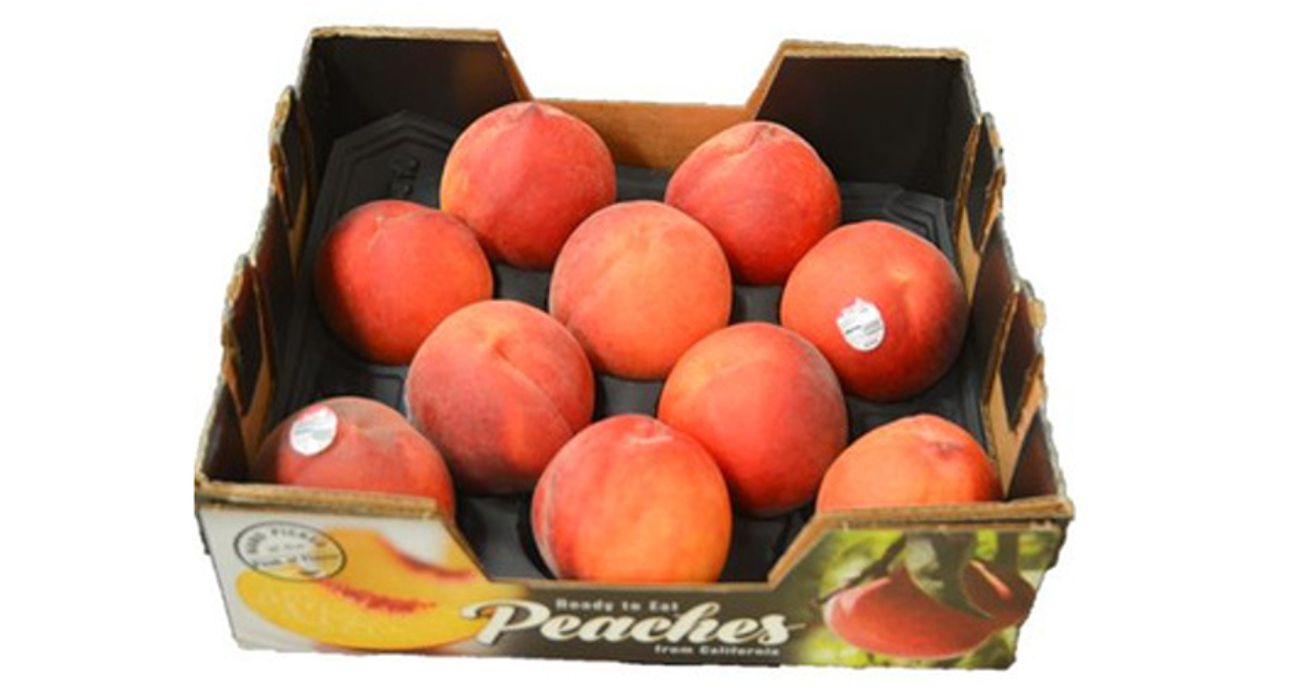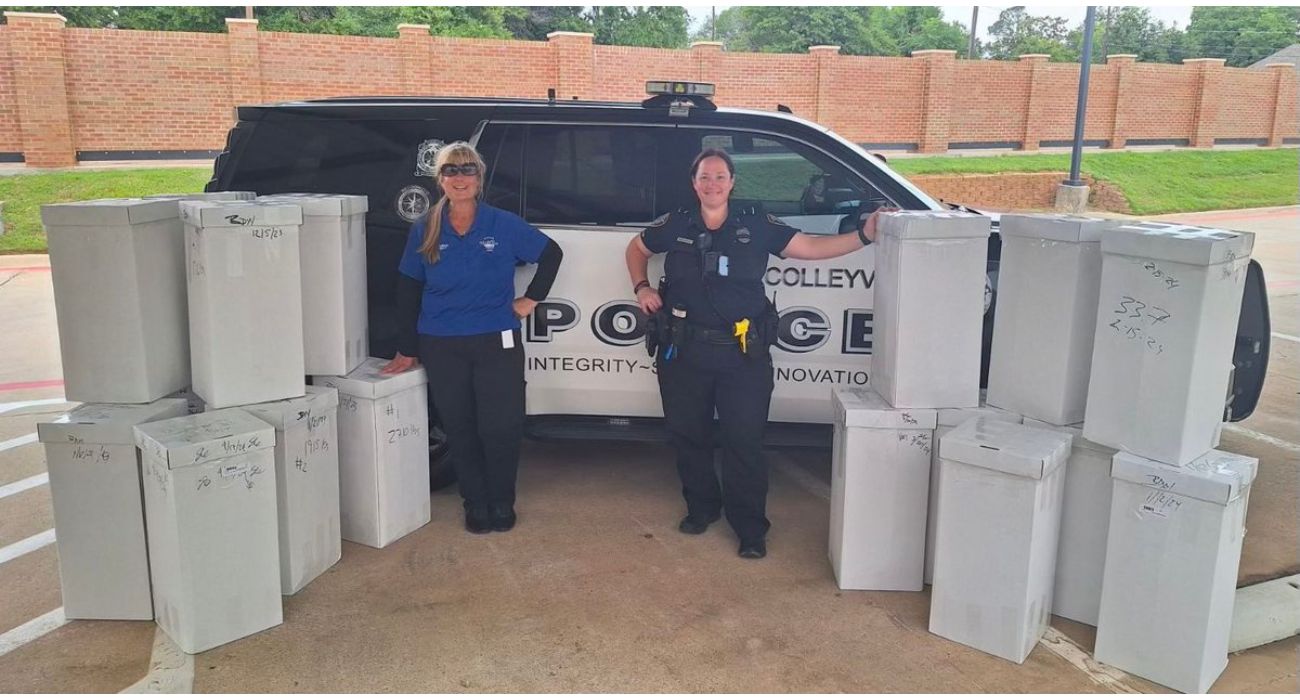The Centers for Disease Control and Prevention posted a food safety alert on November 20 regarding an outbreak of Listeria connected to whole peaches, nectarines, and plums.
The recalled fruit was distributed by HMC Farms and sold in stores nationwide between May 1 and November 15 in 2022 and 2023, according to the CDC news release. The affected whole peaches, nectarines, and plums were conventionally grown, not organic, and sold in 2lb bags labeled “HMC Farms” or “Signature Farms.”
The conventional fruit was also sold individually, with a “USA-E-U” sticker, and includes the following corresponding numbers, per the CDC:
Yellow peach: 4044 or 4038
White peach: 4401
Yellow nectarine: 4036 or 4378
White nectarine: 3035
Red plum: 4042
Black plum: 4040
The CDC has reported 11 illnesses and one death due to the outbreak, manifesting in seven states: Colorado, Kansas, Illinois, Michigan, Florida, California, and Ohio.
As Listeria can survive in the refrigerator and contaminate other foods and surfaces, the CDC advises thoroughly cleaning any containers and surfaces that may have come in contact with the fruit, including the refrigerator.
The repercussions from Listeria are notably more harmful to pregnant persons, individuals 65 or older, or those with a weakened immune system, as there is a higher risk of the bacteria spreading to other parts of the body.
According to the CDC, the infection Listeria causes is called listeriosis and is estimated to be the “third leading cause of death from foodborne illness in the United States.”
The CDC notes that symptoms of Listeria typically range from flu-like symptoms to exhibiting a stiff neck, confusion, and loss of balance.
HMC Farms released a statement about its voluntary recall of the peaches, plums, and nectarines, adding that while the fruit in question is no longer available in retail stores, consumers may still have the produce stored in the freezer. Therefore, the company strongly encourages consumers to check to see if they are in possession of the recalled fruit and, if so, discard it.
If you have eaten any recalled fruit and are exhibiting symptoms, the CDC advises you to contact your health provider immediately.






